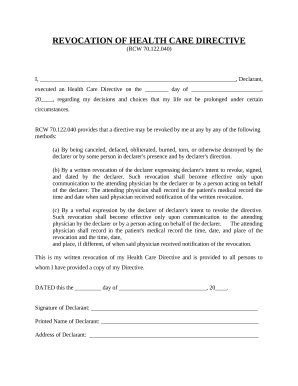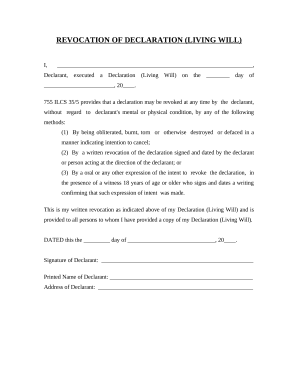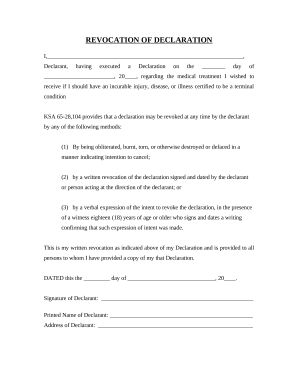







Document managing takes up to half of your office hours. With DocHub, it is possible to reclaim your time and enhance your team's efficiency. Access Statutory Equivalent of Living Will collection and explore all templates related to your daily workflows.
The best way to use Statutory Equivalent of Living Will:
Boost your daily document managing with the Statutory Equivalent of Living Will. Get your free DocHub account right now to discover all forms.